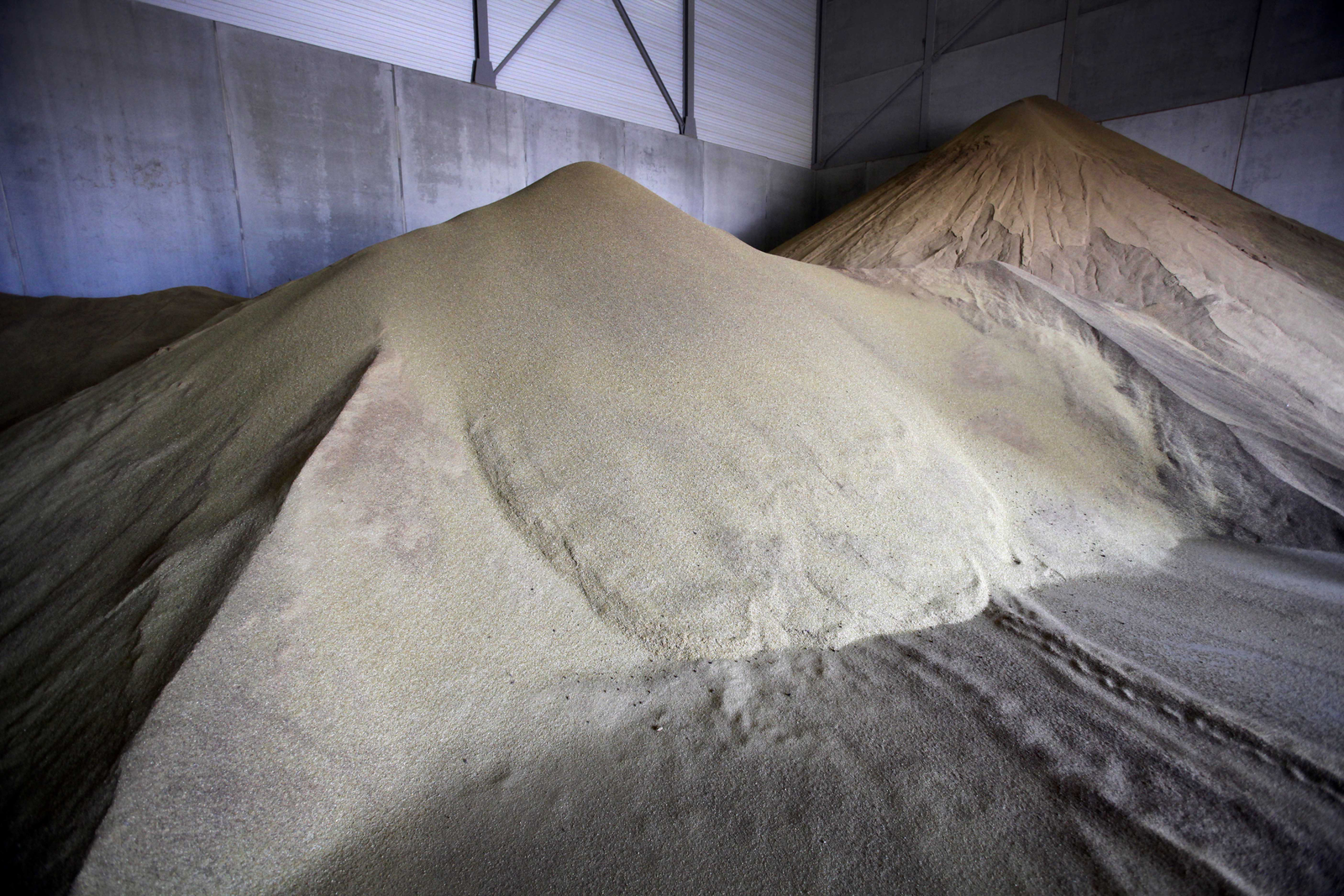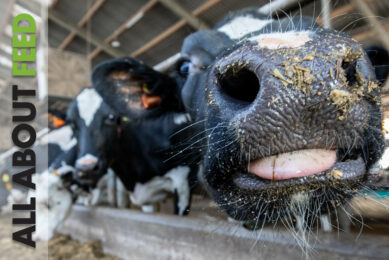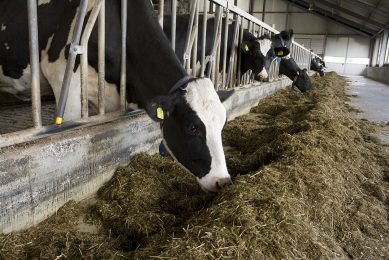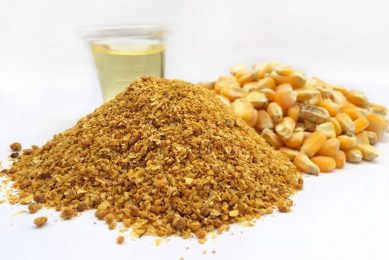US Grains Council builds DDGS interest in Mexico

US Grains Council consultants in Mexico have been working in the southeast region of that country to provide nutritional advice and present feeding trial results to the region’s cattlemen and distributors, including through a recent presentation in Campeche, an area bordered by the state of Yucatan with a population of an estimated 500,000 head of cattle.
Mexico imported more than 1.5 million metric tons of US distiller’s dried grains with solubles (DDGS) in 2014 but still has the potential for more when end-users in this region gain greater access and understanding of the feed ingredient. “Local producers attended a meeting at which USGC Consultant Monica Perez presented the results of a USGC-funded DDGS feeding trial,” said USGC Director of Mexico Julio Hernandez. “She was also able to talk about how to incorporate DDGS into feed rations. The group was very excited by this information, and many left with information on how to use DDGS.”
After the meeting, treasurer of the Union Ganadera Regional de Campecha Salvado Palmer requested the Council expand its efforts past end-users to engage local feed mills and companies and empower them to sell the nutritional benefits of DDGS to their customers, giving end-users a diversity of buying options. Following-up on this request, another USGC consultant, Eduardo Christensen, met with Mexican feed companies to spark interest in distributing DDGS in their supplements.
Lack essential feed mixing equipment
“The local distributors’ network can be a useful tool to expand the DDGS and supplement market to all southeast municipalities and distant locations, normally not reached by other DDGS suppliers,” Hernandez said. “Many small ranchers lack essential feed mixing equipment to make their own rations, so if these distributors manufacture and sell a supplement that uses DDGS, more producers will gain access to the product.”
One company even signed a memorandum of understanding (MOU) to distribute DDGS in the states of Morelos, Puebla, Oaxaca, Tlaxcala and Veracruz. The council is now working with this company to train their sales personnel in both nutrition and sales strategies. Meanwhile, Council staff and consultants are working to sign more MOUs with local distributors that have the infrastructure to sell and handle US DDGS. These feed mills will help expand the region’s awareness of the product and its use of the product in animal feed rations, which could result in additional exports worth millions of dollars.











